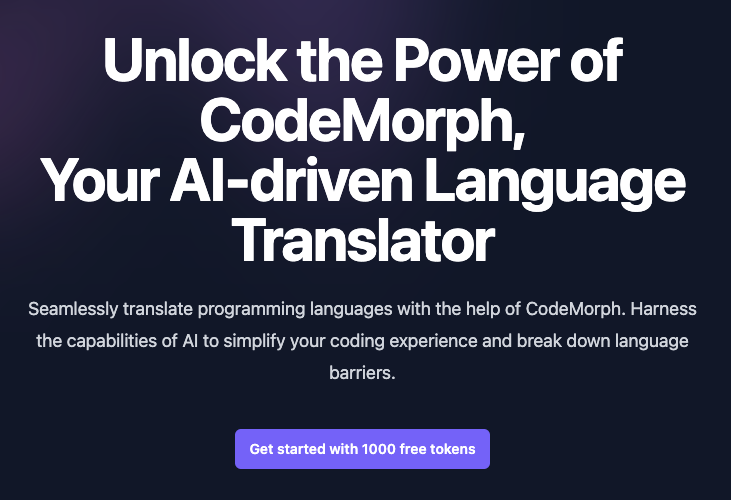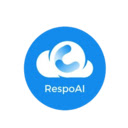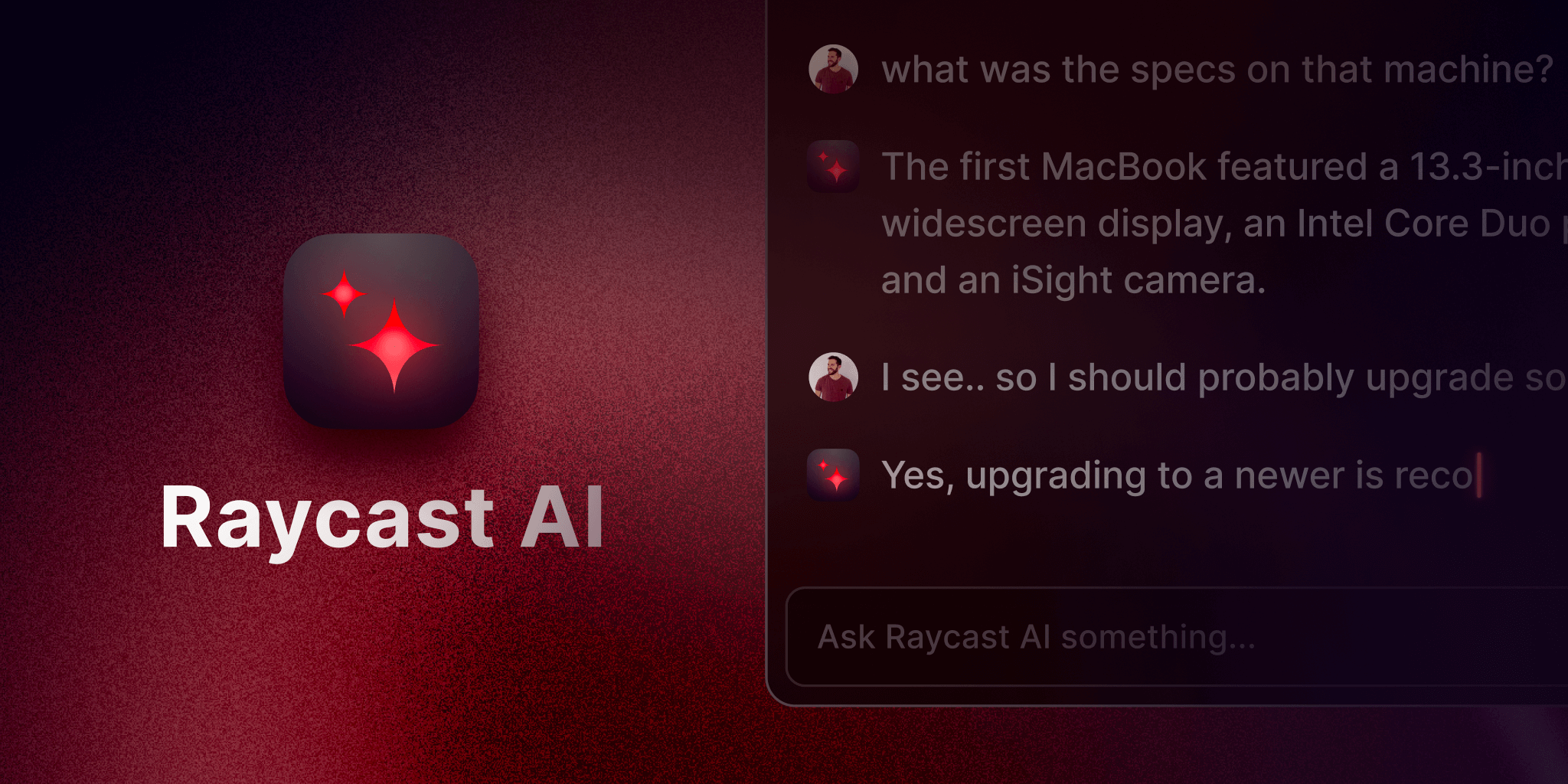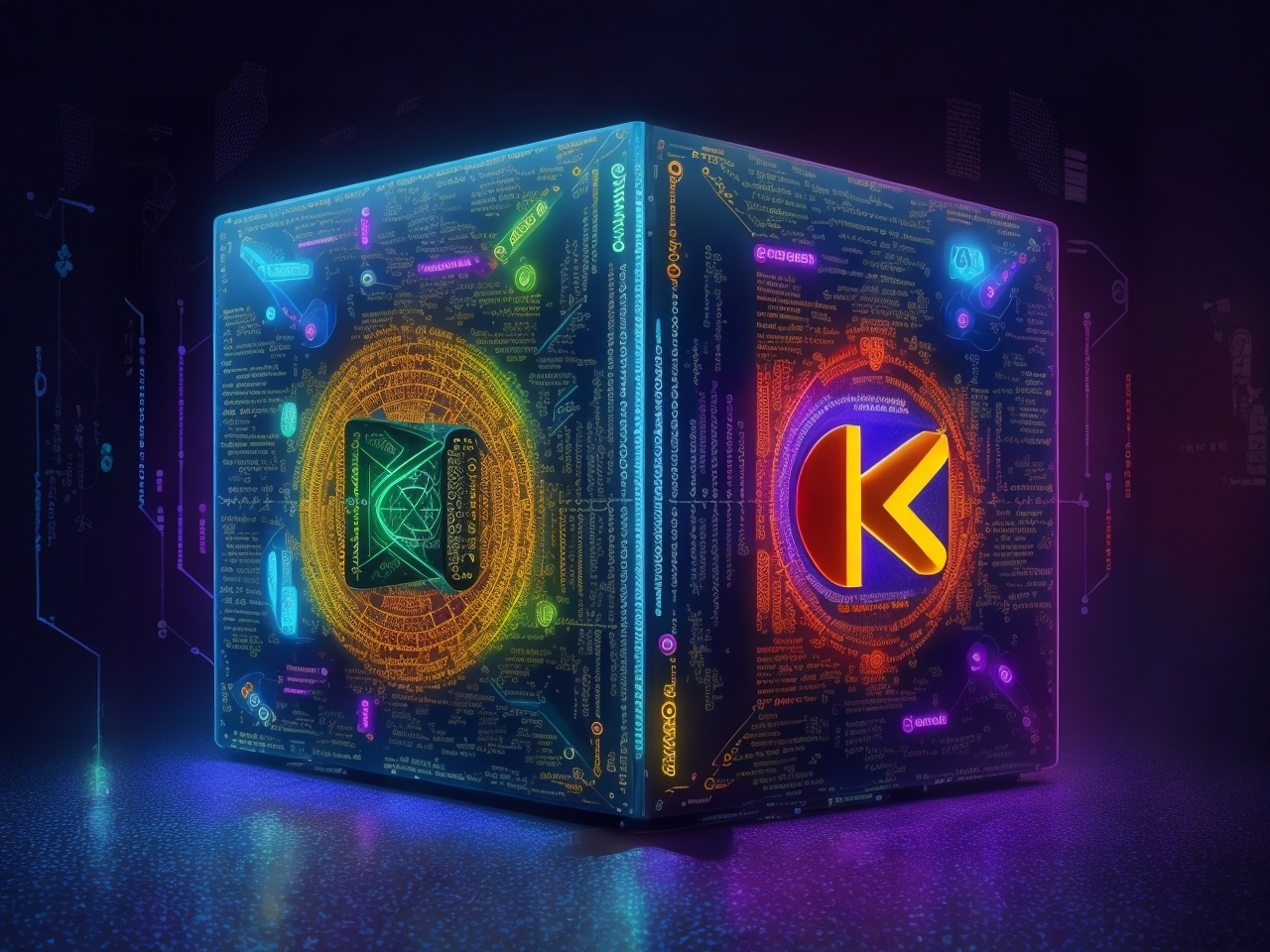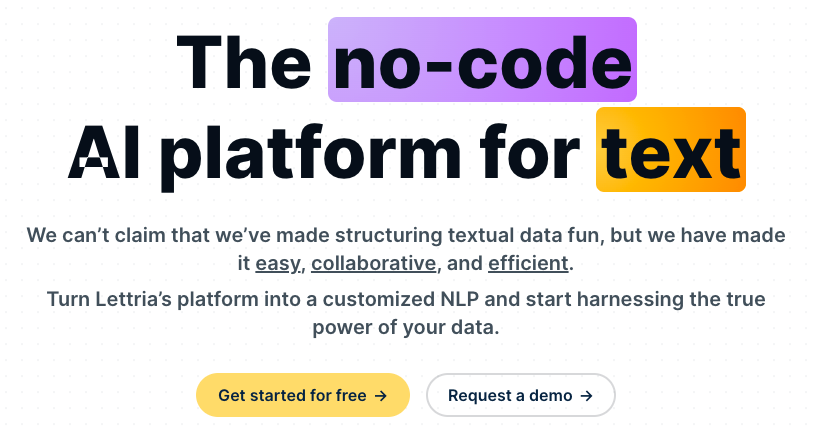
- ( 0 Reviews )
Checkout Lettria – “NLP Project Builder”
Product Description
Lettria is an AI platform that enables users to develop NLP projects without writing any code. The platform offers features such as text labeling, data cleaning, ontology management, and knowledge graph creation, making it suitable for various roles including business analysts and data scientists. It streamlines processes, enhances productivity, and speeds up project deployment.
Other Product Information
- Product Category: Productivity
- Product Pricing Model: Freemium
Ideal Users
- Business Analyst
- Data Scientist
- Machine Learning Engineer
- Natural Language Processing (NLP) Specialist
- Data Engineer
Ideal Use Cases
For Business Analyst
- Text classification: As a Business Analyst, one should use Lettria to classify customer feedback and sentiment analysis to identify trends and patterns in customer reviews and comments to improve product development and marketing strategies.
- Named entity recognition: one should use Lettria to extract important information from unstructured data such as emails, contracts, and invoices to automate data entry and reduce errors.
- Text summarization: one should use Lettria to quickly summarize large amounts of text data for reports and presentations.
- Chatbot development: one should use Lettria to build chatbots that can understand natural language and respond to customer queries.
- Text classification for customer support: one should use Lettria to classify customer inquiries and route them to the appropriate department or agent.
For Data Scientist
- Sentiment Analysis: As a Data Scientist, one should use Lettria to perform sentiment analysis on customer reviews to understand the overall sentiment of products or services and identify areas for improvement.
- Text Classification: To classify customer queries into different categories such as technical support, billing, or product information.
- Named Entity Recognition: Identify entities in text data such as people, organizations, and locations to extract relevant information.
- Topic Modeling: To identify the most common topics discussed in a large dataset of customer reviews.
- Text Summarization: To summarize long documents or articles into shorter versions for easier reading.
For Machine Learning Engineer
- Sentiment Analysis: As a Machine Learning Engineer, one should use Lettria to quickly and easily perform sentiment analysis on large datasets without having to write any code. This would allow to quickly analyze customer feedback and identify trends in customer satisfaction levels company’s products or services.
- Text Classification: one should use Lettria to classify text data into different categories, such as spam or not spam, positive or negative reviews, and categorize them based on specific keywords or topics.
- Named Entity Recognition: one should use Lettria to identify and extract named entities from unstructured text data, such as names of people, organizations, and locations, for further analysis.
- Text Summarization: one should use Lettria to summarize long documents or articles into shorter versions while retaining the most important information.
- Topic Modeling: one should use Lettria to identify the main topics in a dataset and understand the overall sentiment of customer reviews or social media posts.
For Natural Language Processing (NLP) Specialist
- Sentiment Analysis: As an NLP specialist, one should use Lettria to perform sentiment analysis on customer reviews to understand the overall sentiment of products or services and identify areas for improvement.
- Text Classification: one should use Lettria to classify text data into different categories such as spam or not spam, positive or negative feedback, and categorize them based on specific keywords or topics.
- Named Entity Recognition: one should use Lettria to identify entities in large datasets and extract relevant information for further analysis.
- Text Summarization: one should use Lettria to summarize long documents or articles into shorter, more concise versions while retaining important information.
- Machine Translation: one should use Lettria to translate text from one language to another for better communication with non-native speakers.

